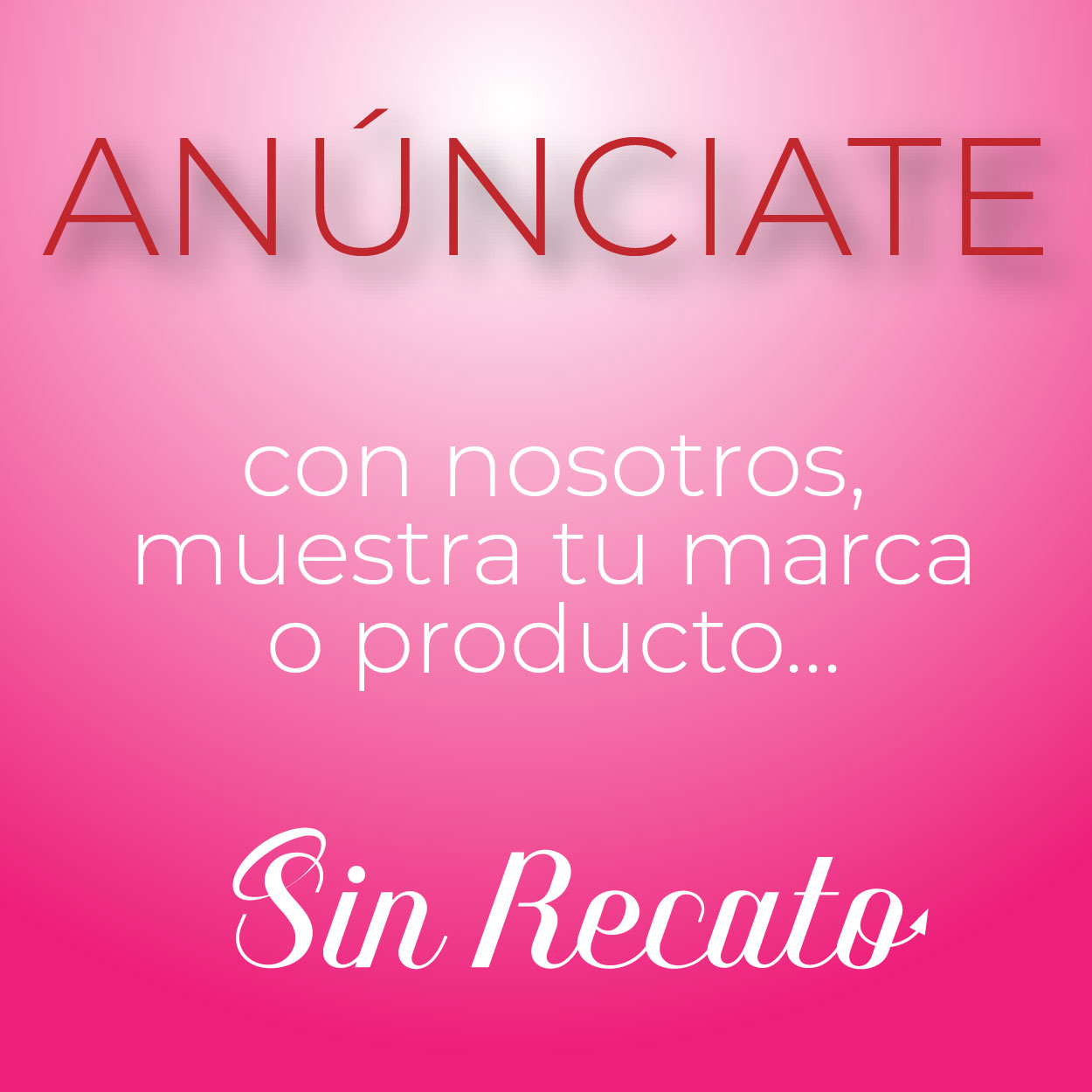The vagina is an organ with important functions: it receives the penis during sexual intercourse; it is the conduit for the sperm to travel through the canal and fertilize the egg; it serves as a conduit for the menstrual flow to pass from the uterus each month; during childbirth, the baby passes through the vagina.
Although its functions are clear and explicit, experts explain that there are many things that should be kept meters away from this intimate area or ‘V Zone’, with the promise of rejuvenating it or making it tighter.
Here we tell you, #sinrecato, of some weird trends for vagina care, but beware!, which should NOT be used or practiced:
Vodka tampons: this trend emerged in Helsinki, Finland in 1999, when teenagers, soaked tampons with alcohol and put them inside their vaginas so they could get drunk, thus avoiding their parents feeling the alcohol in their breath.
Experts believe that alcohol is very irritating to the vaginal skin, causing stabbing pain and inflammation. Similarly, alcohol is an antiseptic and disrupts the balance of ‘good’ bacteria inside the vagina and increases the risk of infection, such as bacterial vaginosis or thrush. If this occurs, you should see your doctor immediately.
Detoxifying pearls: attempting to improve vaginal odor can be dangerous and detoxification is not necessary. There is a “vagina potpourri” trend in which women use tea bag-like balls to “detoxify” their uteruses.
Experts say that the vagina simply does not need detoxification. It is designed to cleanse itself with natural secretions. If the odor of the vagina varies and if it is accompanied by discharge, irritation or itching, it is best to consult a specialist.
Vaginal tightening wand: some women worry about keeping their vagina tight and resort to dangerous measures. Vaginal tightening wands, also known as ‘Japanese vaginal sticks’, claim to make women “feel tight and desired again” in just half an hour.
The wand contains ancient herbs, such as high-quality manjakani and pearl powder that have been used by women in Asia, Arabia and Persia for generations.
Gynecologist Jen Gunter warns: “Practices that dry out the vagina are known to increase the transmission of STDs, regardless of whether the sex is painful for the woman or not”.
Wasp Nests: another bizarre treatment, this one for vaginal rejuvenation, is ‘wasp nests’, also called “oak galls”. These are balls of wasp’s bark and excretions. They house wasp larvae and are formed when a wasp penetrates an oak tree and deposits its larvae in a hole. The purpose is that they can help tighten and cleanse the vagina, and can also be eaten for “women’s health and well-being”.
Dr. Jen assures that ‘oak galls’ can dry out the vagina, which can cause chafing during intercourse and facilitate Sexually Transmitted Infections, among others. They can also disrupt the bacterial balance in the vagina and increase the risk of yeast infections and HIV.
Douching products: douching is the practice of spraying water or liquids into the vagina in an attempt to eliminate unwanted odors, but the health implications can be very serious. Experts say they increase the risk of contracting the human papillomavirus (HPV), which causes uterine cancer.
Doctors confirm that vaginas clean themselves automatically and washing them in this way can upset their balance and cause abnormal tissue growth and other changes in the cells of the cervix.
The vagina, inevitably, ages. Although there are thousands of procedures offered in the market, it is important to consult your gynecologist before purchasing any “magic bullet” items.
A healthy lifestyle also brings benefits, drink water, eat well, walk, sleep well. You can exercise your vagina in a natural, comfortable and, above all, safe way, by doing thinks like strengthening the pelvic floor muscles through Kegel exercises.
Traducción del español: Catalina Oviedo Brugés
















